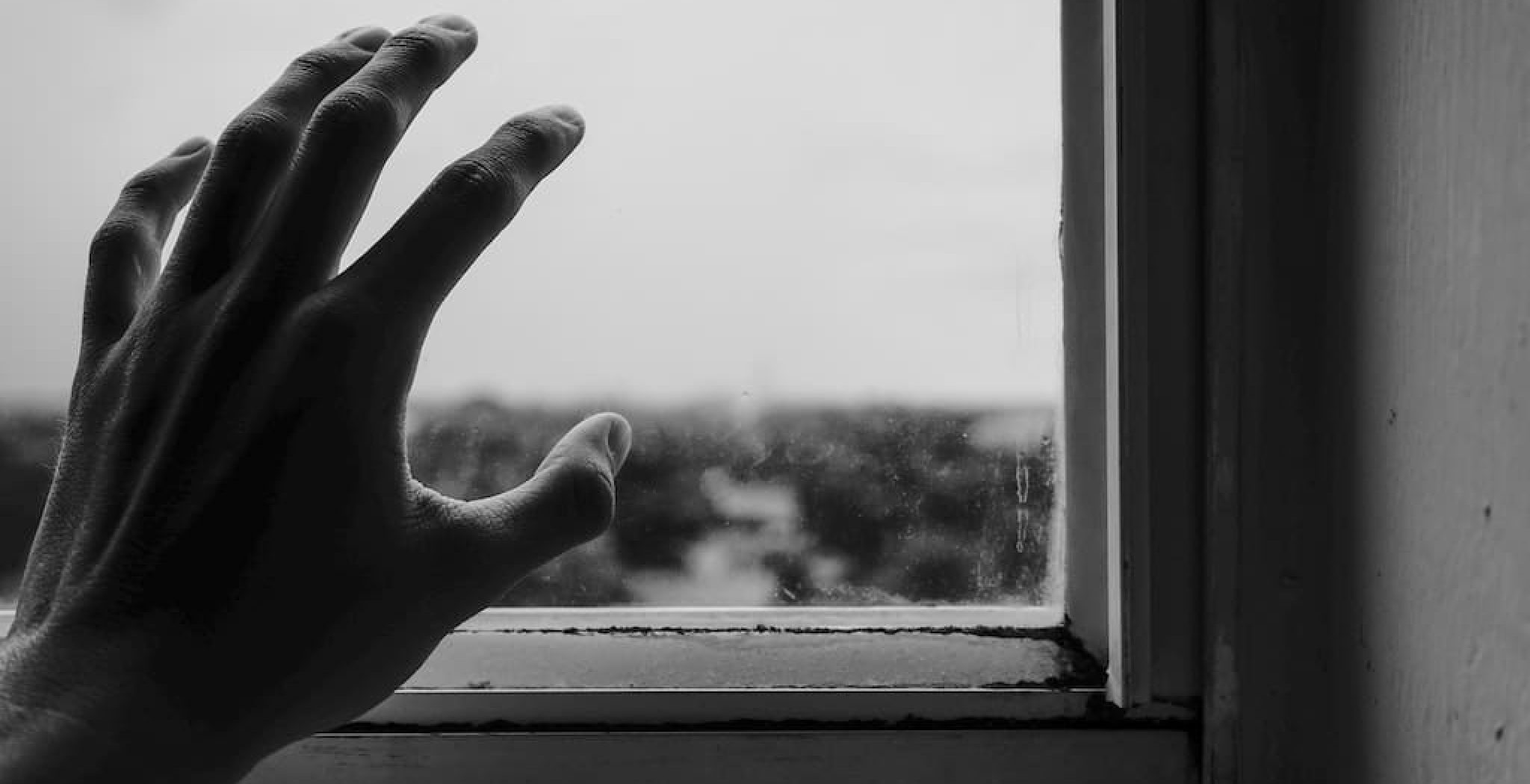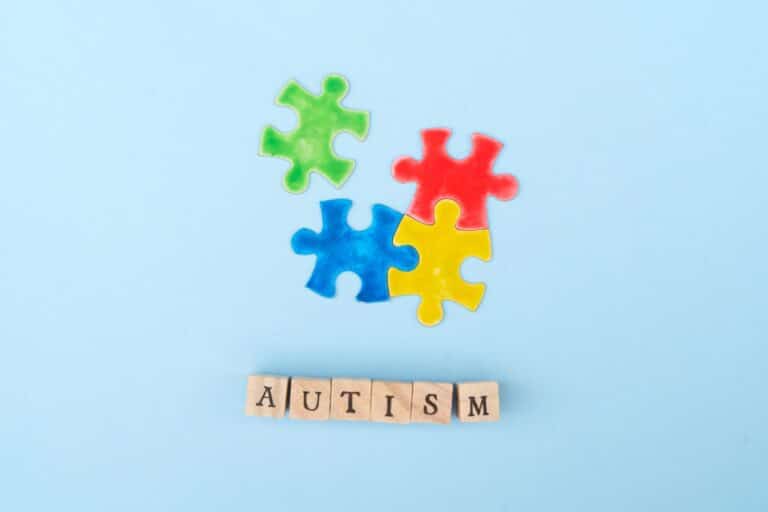Cocaine is a highly addictive drug that elevates your energy, attention, and alertness. People suffering from depression and other mental health illnesses use cocaine to relieve their condition. The drug is known to boost their confidence and courage.
Frequent cocaine use does lead to addiction and dependence. This is due to the fact that it makes a person’s brain dependent on the drug to function normally. Cocaine addiction has serious consequences, which, if unaddressed, can lead to life-threatening complications.
Southern California Sunrise Recovery Center offers scientifically proven traditional treatment to cocaine addicts, especially those using it to control their depression. The treatment model mainly involved detoxification to remove the cocaine from the bloodstream.
Cocaine Use Effects
The effects of cocaine use on a person depend on multiple factors. These factors include state of mind when taking the drug, blend of the chemicals, their psychology, and the dose’s strength. Cocaine use has side effects in the short term and the long term; hence highly discouraged.
Short-term effects of cocaine abuse
Some of the short-term effects of cocaine use include:
- Panic attacks
- Restlessness
- Euphoria
- Anxiety and irritability
- Vertigo
- Constricted blood vessels
- Decreased sexual function
- Increased temperatures
- Muscle twitches
- Dilated pupils
- Increased heart rates and blood pressure
Long-Term Effects of Using Cocaine
Abusing cocaine for a long time brings about the following health consequences:
- Extreme fatigue
- Cardiac arrest
- Weight loss
- Intracerebral hemorrhage
- Increased risk of stroke and seizures
- Impaired cognitive functions
- Severe headaches
- Respiratory arrest
Cocaine abuse consequences appear in all genders and people of all ages, especially young people considering they are the major users. In addition, using cocaine for a long time can also cause psychological consequences. Such as isolation from family and friends, depression, violence, irresponsible behaviors and psychosis.
Cocaine Dependence
Frequent cocaine use makes you develop a high tolerance to the drug. This forces the user to take high doses to get the pleasurable feeling associated with the cocaine. Repeated cocaine use leads to drug dependence leading to addiction.
In addition, people with physical and other untreated mental health concerns are at a higher risk of becoming addicts. This occurs when they use cocaine to self-medicate themselves.
Some of the major signs of cocaine dependence include:
- Neglecting priorities
- Physical health problems
- Mental health problems
- Troubled relationships
- Loss of control over use
- Continued use regardless of negative consequences
Cocaine Withdrawal
Using cocaine induces a strong pleasurable feeling. Unfortunately, cocaine addicts experience a crash when not on the drug. A crash is a strong negative reaction people undergo when cocaine concentration decreases in their bodies. The crash is due to the low levels of neurotransmitters, serotonin, and norepinephrine.
Cocaine addicts experience various withdrawal symptoms such as anxiety, fatigue, increased appetite, paranoia, and a feeling of sadness and depression. Cocaine withdrawal varies in individuals, as it depends on the individual’s addiction or drug use frequency.
Does Cocaine Make You Depressed?
People using cocaine might get depression since the drug’s effect is short-lived. On the other hand, those already struggling with depression use cocaine for relief. Cocaine dependence and depression have a significant relationship since it affects the brain’s functionality. Cocaine addiction alters the brain’s chemistry and combines with the depression symptoms to cause depression.
When you take cocaine, it floods the brain with dopamine, which creates a euphoric high feeling. Prolonged cocaine use damages brain cells, neurotransmitters, and the brain’s pleasure reward system. It also causes tolerance build-up and less dopamine production, leading to a less euphoric feeling.
The individual has to take high amounts of cocaine to get euphoric. Unfortunately, when they fail to take the drug, they suffer mood swings and depression. They feel little or no pleasure after some time when they take cocaine since their brains are severely damaged. They cannot produce dopamine naturally or through artificial stimulation.
Severe brain damage causes the individual to experience severe effects of cocaine. Especially symptoms such as lack of motivation, hopelessness and confinement since the drug is not working. Cocaine addiction makes individuals highly prone to chronic depression and suicidal thoughts. They are advised to seek help before harming themselves and those around them.
Cocaine addiction and depression can be harsh and intense. At Southern California Sunrise Recovery Center, we have a dual diagnosis treatment program that helps people recover fully from cocaine dependence. Our treatment program allows their brains tissues to recover fully.
Effective Cocaine Addiction and Depression Treatment
Cocaine addiction and depression effects can make the addicts and their caregivers feel devastated, hopeless, and overwhelmed. Fortunately, both conditions can be handled successfully when the addicts seek medical intervention.
Southern California Sunrise Recovery Center provides individuals with effective treatment programs to ensure full cocaine dependence and depression recovery. First, they offer them medical-assisted detoxification that helps them overcome the severe cocaine addiction withdrawal symptoms. They also provide a body and holistic mind treatment that fixes the brain damage cocaine had caused.
They also offer therapy sessions for depression. These include group counseling sessions, where they give the individuals hope that they are not alone in their recovery journey. Group counseling sessions help the affected persons to use other people’s experiences to fight their situations to emerge victorious.
On the other hand, individual counseling sessions allow the individuals to identify and address the issues that led to their depression. It also helps them identify the factors that led them to use cocaine.
Southern California Sunrise Recovery Center also offers behavioral therapies such as dialectical behavioral therapy and cognitive-behavioral therapy. These therapies allow individuals to change their perceptions of their environment, creating positive energy in their surroundings. Our treatment center combines behavioral therapies with other treatments for effective results.
SoCal Sunrise team provides comprehensive treatment options for patients. Trusted professionals work with patients to ensure they receive the best care possible. We also ensure the patient has a peaceful mind and strong body. This will enable them to overcome stress calmly during recovery.
Get Treatment Today
Cocaine is a highly addictive drug. Thus, persons suffering from cocaine addiction need to get immediate treatment, especially if they have cocaine dependence and depression. Contact SoCal Sunrise for any inquiries and treatment, and therapy.






